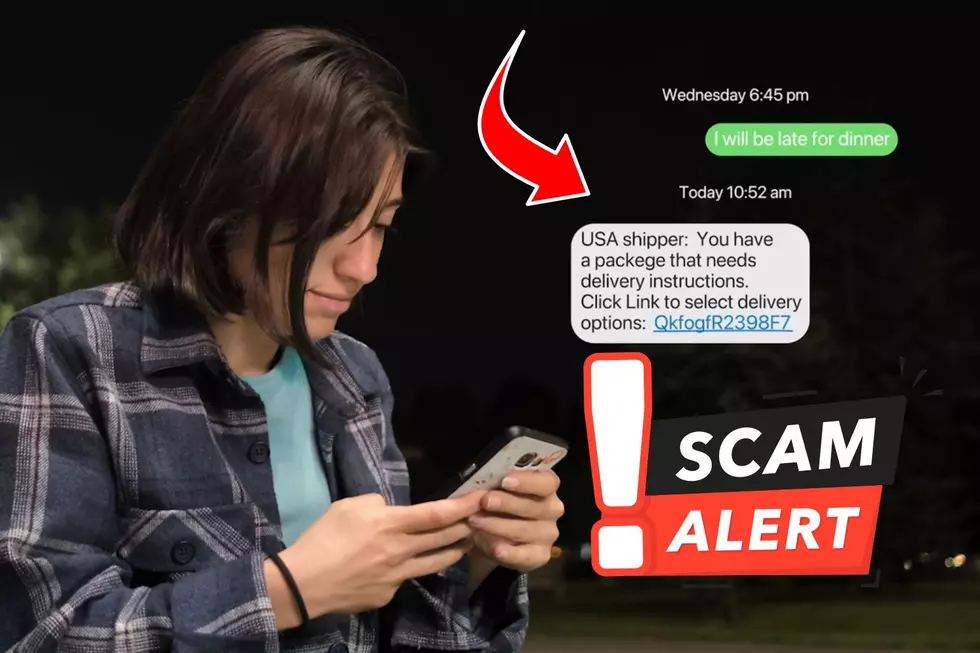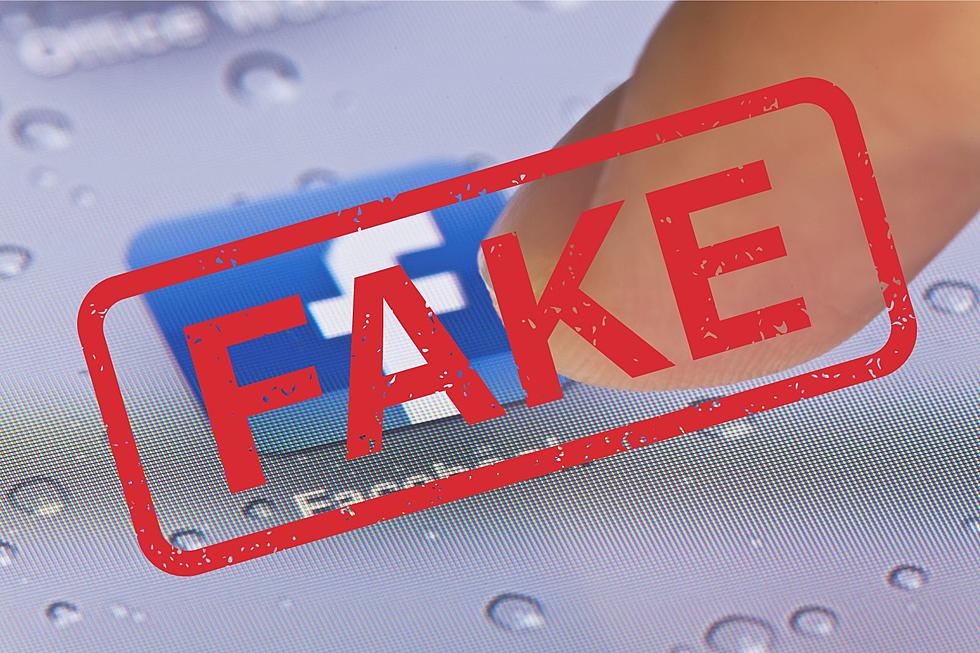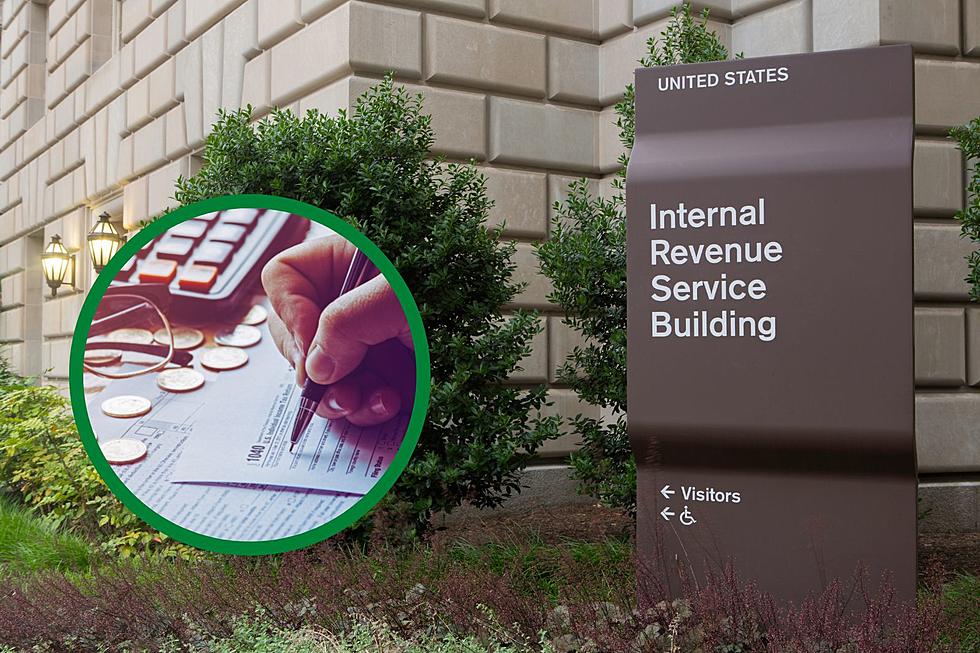
IRS Warns Taxpayers of Child Tax Credit Scams: “Be Aware”
The Internal Revenue Service is warning those eligible for the Child Tax Credit to "be aware." Scammers are hard at work trying to get their hands on your money.
On July 15, 2021 millions of Americans received the first of several Child Tax Credit payments as part of the American Rescue Plan Act of 2021. The payments total half of the total credit amount with the other half being claimed when you file your 2021 income tax return. According to the IRS, to qualify you (and your spouse if you filed jointly) must have,
- Filed a 2019 or 2020 tax return and claimed the Child Tax Credit on the return; or
- Given us your information in 2020 to receive the Economic Impact Payment using the Non-Filers: Enter Payment Info Here tool; and
- A main home in the United States for more than half the year (the 50 states and the District of Columbia) or file a joint return with a spouse who has a main home in the United States for more than half the year; and
- A qualifying child who is under age 18 at the end of 2021 and who has a valid Social Security number; and
- Made less than certain income limits.
Those eligible for the advanced Child Tax Credit payments will be automatically enrolled for advance payments utilizing information included in your 2020 or 2019 tax return. No additional action is required on the part of the taxpayers. For those that are not required by the IRS to file a tax return or for those who have not yet provided the IRS their information you can visit IRS.gov/childtaxcredit2021 to provide basic information for the Child Tax Credit.
So if you and your family have received a payment or you're expecting to receive payments, the IRS says that you need to be vigilant to avoid falling victim to scammers and predators. They say to keep your eyes open because scammers may utilize phone, email, text messages, and social media to target their victims. The IRS warns to never provide personal information as well as to not open email attachments or click on links. According to the press release,
“As the country continues to grapple with the financial fall-out of the COVID-19 pandemic, scammers and criminals continue to evolve their efforts to steal the assistance the government provides, from those that need it the most,” said Acting Special Agent In Charge, Donald “Trey” Eakins, IRS Criminal Investigation, Chicago Field Office. “Be aware of those that try to steal the tax credit that you are entitled to, and if an offer sounds too good to be true, it probably is,
The IRS will never initiate contact with taxpayers via email, text or social media to request personal information. They also never leave pre-recorded, threatening or urgent messages. If the caller warns of a lawsuit or becomes aggressive, it's a very good indication that it is a scam. The IRS will not ask you to provide or verify financial information. These are all scammer red flags. You can report suspicious IRS-related scams by visiting IRS.gov.
To report suspicious IRS-related phishing and online scams, visit IRS.gov
LOOK: What major laws were passed the year you were born?
LOOK: Oldest Disneyland Rides From 1955 to Today
More From My WJLT 105.3









